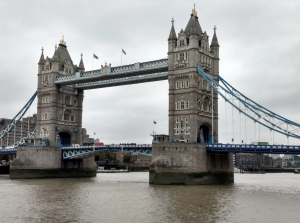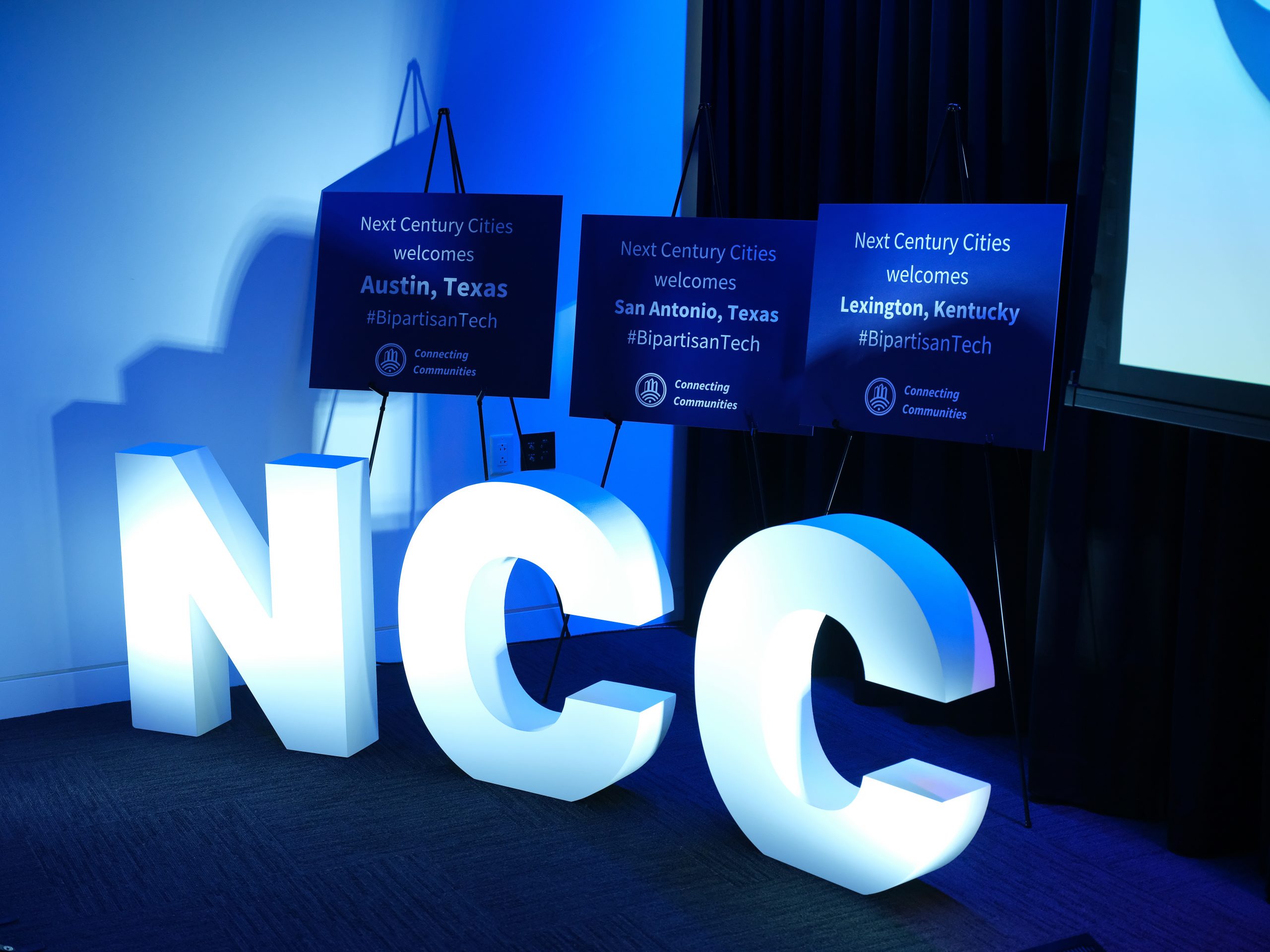
London. Visiting a city so very old, one that holds so much history, is awe-inspiring. Standing in front of the London Tower and Buckingham Palace, crossing the London Bridge and the Tower Bridge, and viewing construction that has survived since the 12th century was powerful.
The vision and foresight of those who built such long lasting construction is admirable. I wonder, as they built these amazing structures, if they realized that one day in the far future, people would stand and touch the walls, feeling reverence and respect for the long lasting impact of their work.

I liken it to the amazing infrastructure builders from recent history and today. Bridges, roads, electricity, telephony, water and sewer have been built and enhanced. Of course, any focus on important infrastructure must include the ways in which we connect people to the internet. It has been quite a feat – crossing oceans, spanning mountain ranges, and reaching remote islands. The struggle continues, however, as we have so far to go before fast, affordable, and reliable access is ubiquitously available.
I was in London to attend Mozilla’s MozFest conference – a wacky, lightly scripted, somewhat chaotic, but sensational event! I met powerful community activists, content experts, and innovative, creative solution finders. I especially enjoyed the art and data sessions where participants turned data into beautiful artistic representations.
While at MozFest, Next Century Cities partnered with the Good Things Foundation to present a session on “mobile only” access. So many people only have access to the internet through their phones and that poses many dilemmas. Understanding that there are data caps, overage charges, limited bandwidth, dead spots, and more that can impact user experience helps to identify how difficult it is to be mobile only.
In our session, the majority of our focus was on the limited functionality of phones when they are needed for everyday tasks. The idea came from our successful effort earlier this year – the #MobileOnly Challenge – to ensure that the FCC did not determine that access to a mobile device was equitable to having a fixed home broadband connection. The #MobileOnly Challenge asked participants to spend one day using just their mobile device, and to document the limitations they experienced.
To adapt this challenge for MozFest, we created a set of personas (homeless, low vision, student, senior, job seeker) and asked the participants to engage in a series of tasks as those personas. For example, they might need to apply for a job, find transportation, complete an assignment, or make an appointment.
It didn’t take long for participants to experience frustration! And they were all folks who are skilled in the use of the internet, so one can only imagine how hard it is for those with limited skills who are mobile only. As a group, we discussed the struggle to complete the tasks and surfaced ideas of what could be done to make the process easier. The participants found the experience so powerful that they were inspired to ask permission to recreate the session for their communities. We provided each with all the materials for the session and we offer that opportunity to all our members as well.
My number one takeaway from MozFest is that despite coming from all around the world and from incredibly different circumstances, we share the struggle of finding a pathway that ensures that the benefits of being online are available to everyone. In the US, our problems may seem minor when compared to some countries, but if you are the one who is not online, it does not matter which country you are in, you are isolated. I was heartened to learn that there are people all over the world who share our journey to ensure ubiquitous access.
If you would like to replicate the “mobile only” session for your community, send your request to deb@nextcenturycities.org.
Deb Socia is the Executive Director of Next Century Cities

